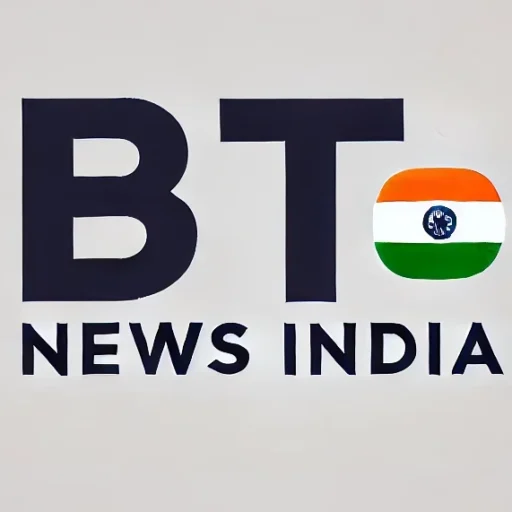Raghuram Rajan’s Call to Halt Purchases Sparks Debate as India’s Energy Strategy Saves Billions
Published on: August 30, 2025
By: BTNI
Location: New Delhi, India
India’s decision to continue importing discounted Russian oil, which has saved the country an estimated $26 billion and helped curb inflation, has come under fire from former Reserve Bank of India Governor Raghuram Rajan, prompting a sharp rebuttal from supporters of Prime Minister Narendra Modi. A vocal Modi supporter has labeled Rajan’s advice as the “language of shameless bullies and lobbyists,” accusing him of aligning with Western interests against India’s energy security.
Rajan, a prominent economist and advisor to the Congress party, recently urged India to reconsider its reliance on Russian oil, citing geopolitical concerns amid pressure from Western nations, particularly the United States. However, India’s strategic purchase of discounted crude has been a cornerstone of its economic resilience, especially since the Russia-Ukraine conflict began in 2022. By importing over 40% of its oil from Russia, India has not only secured cheaper energy but also stabilized domestic fuel prices, contributing to inflation control.

“India’s energy policy under PM Modi reflects bold sovereignty,” said the supporter, praising the government for standing up to what they called “American hypocrisy.” The United States, while imposing sanctions on Russian oil, has indirectly benefited from India’s imports, as refined Russian crude re-enters global markets through Indian refineries. Critics argue that Western nations are pushing India to align with their sanctions while ignoring their own reliance on similar supply chains.
Official data highlights the economic benefits of India’s stance. Since 2022, discounted Russian oil has saved India approximately $26 billion, with monthly imports averaging 1.9 million barrels per day in 2024. This has bolstered India’s foreign exchange reserves and kept retail fuel prices stable, a critical factor in maintaining inflation at around 5%, compared to higher rates in many Western economies.
Also read- https://www.btnewsindia.com/collector-inspects-plug-type-vegetable-seedling-unit-at-pendri-government-nursery/ https://www.btnewsindia.com/agriculture-department-conducts-surprise-inspection-of-private-fertilizer-dealers/
The controversy has reignited debates over India’s foreign policy autonomy. While Rajan argues that aligning with Western sanctions could enhance India’s global standing, supporters of the Modi government emphasize that prioritizing national interest over external pressure has strengthened India’s economy. “PM Modi is showing the world that India won’t bow to double standards,” the supporter added, pointing to India’s balanced diplomacy with both Russia and Western partners.
As global energy markets remain volatile, India’s refusal to bend to Western demands underscores its growing assertiveness. The debate over Rajan’s remarks highlights the tension between geopolitical alignments and economic pragmatism, with India’s leadership firmly backing its strategic energy choices.




